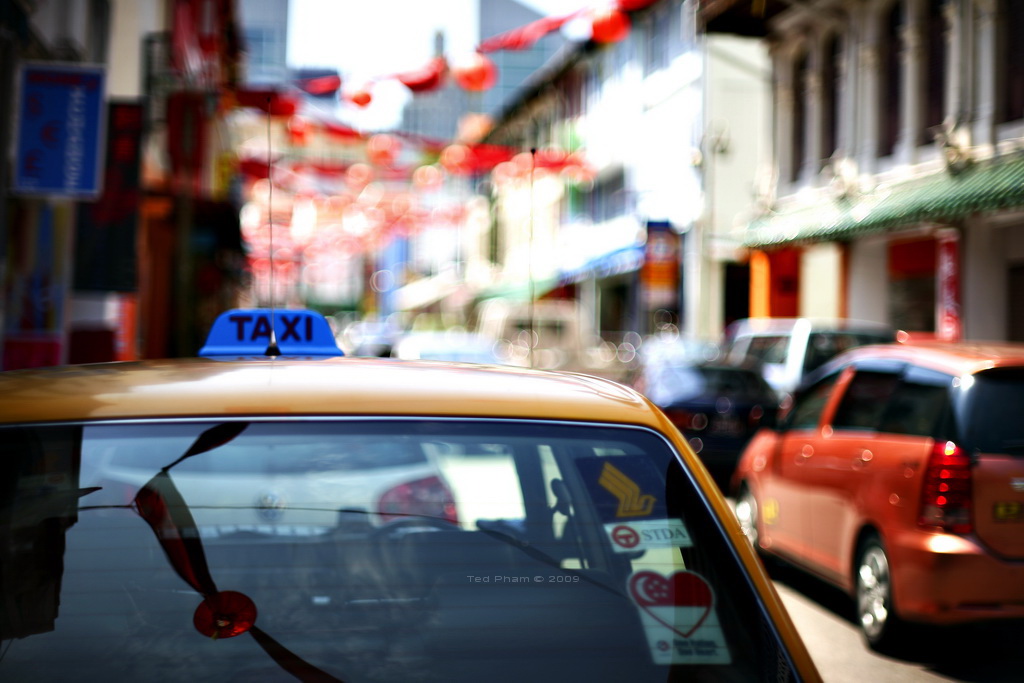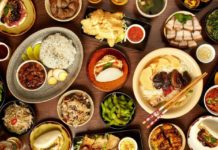Thai culture is diverse and vibrant, shaped by its history, religion, geography, and monarchy. Here are some key aspects of Thai culture:
- Buddhism: Buddhism is the dominant religion in Thailand, and it greatly influences Thai culture and way of life. The majority of Thais practice Theravada Buddhism, and Buddhist teachings and rituals are deeply integrated into daily life, including practices such as making merit, visiting temples, and participating in religious festivals.
- Monarchy: The Thai monarchy holds a special place in Thai culture and society. Thais have deep respect and reverence for the royal family, and the king is considered the spiritual leader and father figure of the nation. Displays of respect and loyalty to the monarchy are widespread, and the Thai people’s devotion to their king is an important aspect of Thai culture.
- Thai Language and Arts: The Thai language and arts are integral to Thai culture. The Thai language is a tonal language with its own unique script, and it is considered a reflection of Thai identity. Traditional Thai arts, such as dance, music, and visual arts, are also highly regarded and often depict stories from Thai history, mythology, and folklore.
- Food Culture: Thai cuisine is world-renowned for its bold flavors, fragrant herbs, and spicy curries. Thai food is a significant aspect of Thai culture, and eating together is an important social activity. Thai people take pride in their culinary heritage and often use food as a way to celebrate, bond, and share hospitality.
- Wai and Social Etiquette: The “wai” is a traditional Thai greeting, which involves pressing the palms together in a prayer-like gesture and bowing the head. It is a common form of greeting and showing respect in Thai culture, particularly towards elders or those of higher social status. Social etiquette is important in Thai culture, and Thais place a strong emphasis on politeness, respect, and maintaining harmonious relationships.
- Festivals: Thailand is known for its vibrant and colorful festivals, which are an important part of Thai culture. Festivals such as Songkran (Thai New Year), Loy Krathong (Festival of Lights), and Phi Ta Khon (Ghost Festival) are celebrated throughout the country and showcase the rich traditions, beliefs, and customs of the Thai people.
- Muay Thai: Muay Thai, also known as Thai boxing, is a popular traditional martial art and sport in Thailand. It is deeply embedded in Thai culture and has a significant influence on Thai art, music, and folklore. Muay Thai is not only a physical activity but also carries cultural significance as a symbol of national pride and identity.
- Spirituality and Animism: Alongside Buddhism, many Thais also practice folk beliefs, animism, and spirit worship. They believe in various spirits and deities, and spirit houses or shrines are commonly seen in homes and public places. These beliefs are intertwined with Thai culture, particularly in rural areas, and are often incorporated into daily rituals and practices.
- Respect for Authority: Similar to other Southeast Asian cultures, Thai culture places a high value on respecting authority and hierarchy. Social status, age, and position in society are important, and people are expected to show deference to those of higher status or seniority. This is reflected in language, behavior, and social interactions.
- Sanuk and Sabai: “Sanuk” and “Sabai” are important Thai concepts that embody the Thai spirit of having fun, enjoying life, and finding pleasure in simple things. Thais value leisure time, relaxation, and a laid-back attitude towards life, which is reflected in their approach to work, relationships, and leisure activities.
These are just a few aspects of Thailand’s rich and diverse culture. Thai culture is




